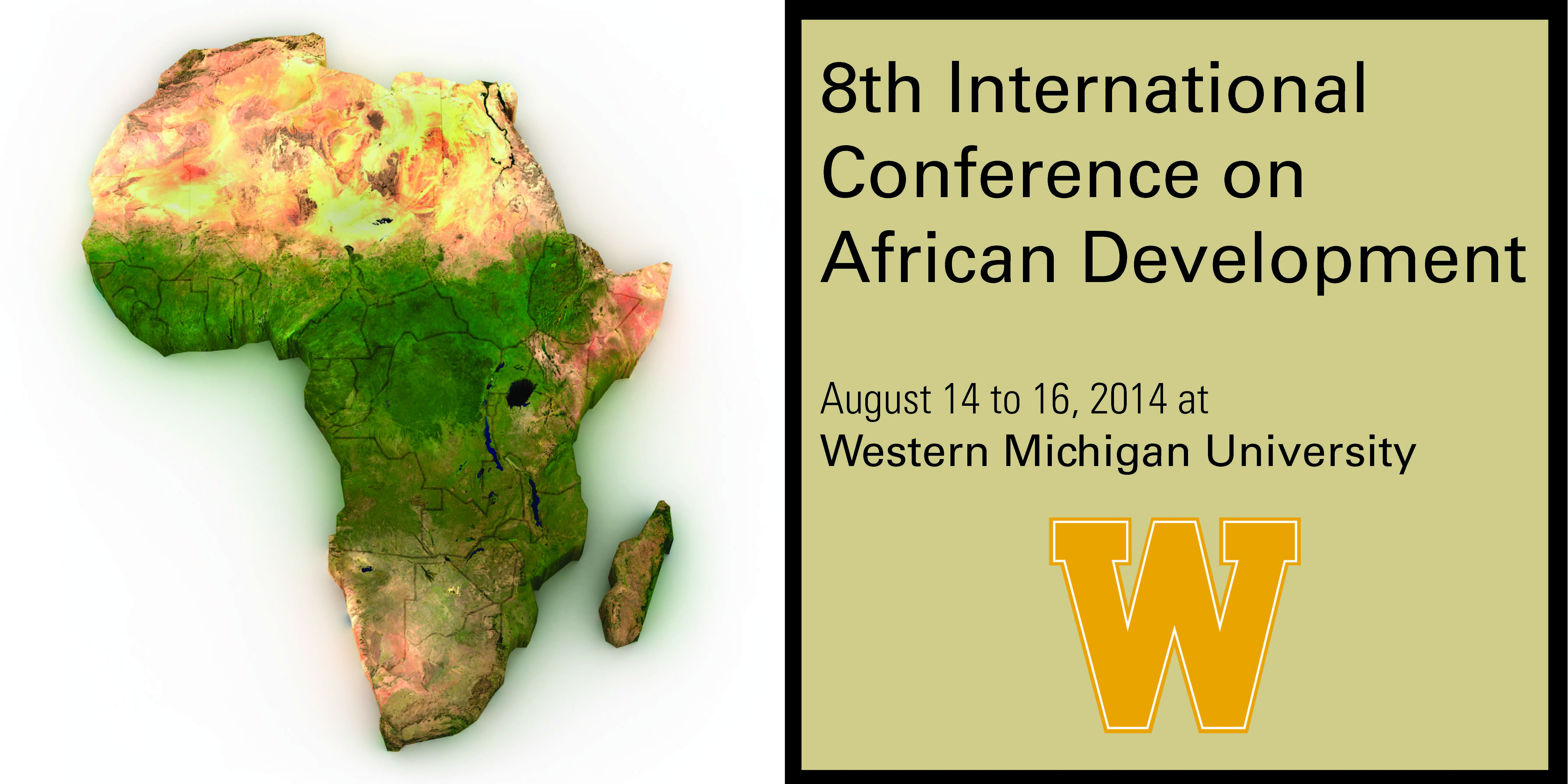
The Role of the World’s top successful think-tanks in the transformation of Societies: Drawing Lessons to Sub-Saharan African Think-tanks
Abstract
Empirical studies in developed nations show that think tanks foster the transformation of societies through informed policy research and public outreach. The overall objectives of this study are to pinpoint the excellent characteristics of the world’s top successful think tanks in the transformation of societies and draw lessons for Sub-Saharan African (SSA) think-tanks. The study employs in-depth desk literature review and document reviews in order to conceptualize the excellence features of think-tanks and the role of think-tanks. Following that, structured questionnaire on the nature and role of think tanks was sent for the 100 top ranked think tanks through survey monkey technique. From these 100 think tanks, 30 of the world’s top think tanks responded the survey monkey questionnaire. Similarly, structured questionnaire on the challenges facing think tanks was sent for 250 randomly selected think tanks in Sub-Saharan Africa (SSA); 52 of them responded the survey monkey questionnaire. In addition, data have been obtained through various think tank websites and correspondence with their staff. The study findings indicate that the features of successful think-tanks can be analyzed from the dimensions that include organization/structure, orientation/philosophy, dissemination and policy outreach, and funding. The study concludes that the excellent features of the world’s top successful think-tanks can be considered as lessons and benchmarks for the think-tanks in SSA. Besides, it highlights think tanks require favorable political milieu and local private philanthropic traditions so that they can significantly contribute for the transformation of societies culturally and politically.
The Role of the World’s top successful think-tanks in the transformation of Societies: Drawing Lessons to Sub-Saharan African Think-tanks
Empirical studies in developed nations show that think tanks foster the transformation of societies through informed policy research and public outreach. The overall objectives of this study are to pinpoint the excellent characteristics of the world’s top successful think tanks in the transformation of societies and draw lessons for Sub-Saharan African (SSA) think-tanks. The study employs in-depth desk literature review and document reviews in order to conceptualize the excellence features of think-tanks and the role of think-tanks. Following that, structured questionnaire on the nature and role of think tanks was sent for the 100 top ranked think tanks through survey monkey technique. From these 100 think tanks, 30 of the world’s top think tanks responded the survey monkey questionnaire. Similarly, structured questionnaire on the challenges facing think tanks was sent for 250 randomly selected think tanks in Sub-Saharan Africa (SSA); 52 of them responded the survey monkey questionnaire. In addition, data have been obtained through various think tank websites and correspondence with their staff. The study findings indicate that the features of successful think-tanks can be analyzed from the dimensions that include organization/structure, orientation/philosophy, dissemination and policy outreach, and funding. The study concludes that the excellent features of the world’s top successful think-tanks can be considered as lessons and benchmarks for the think-tanks in SSA. Besides, it highlights think tanks require favorable political milieu and local private philanthropic traditions so that they can significantly contribute for the transformation of societies culturally and politically.
